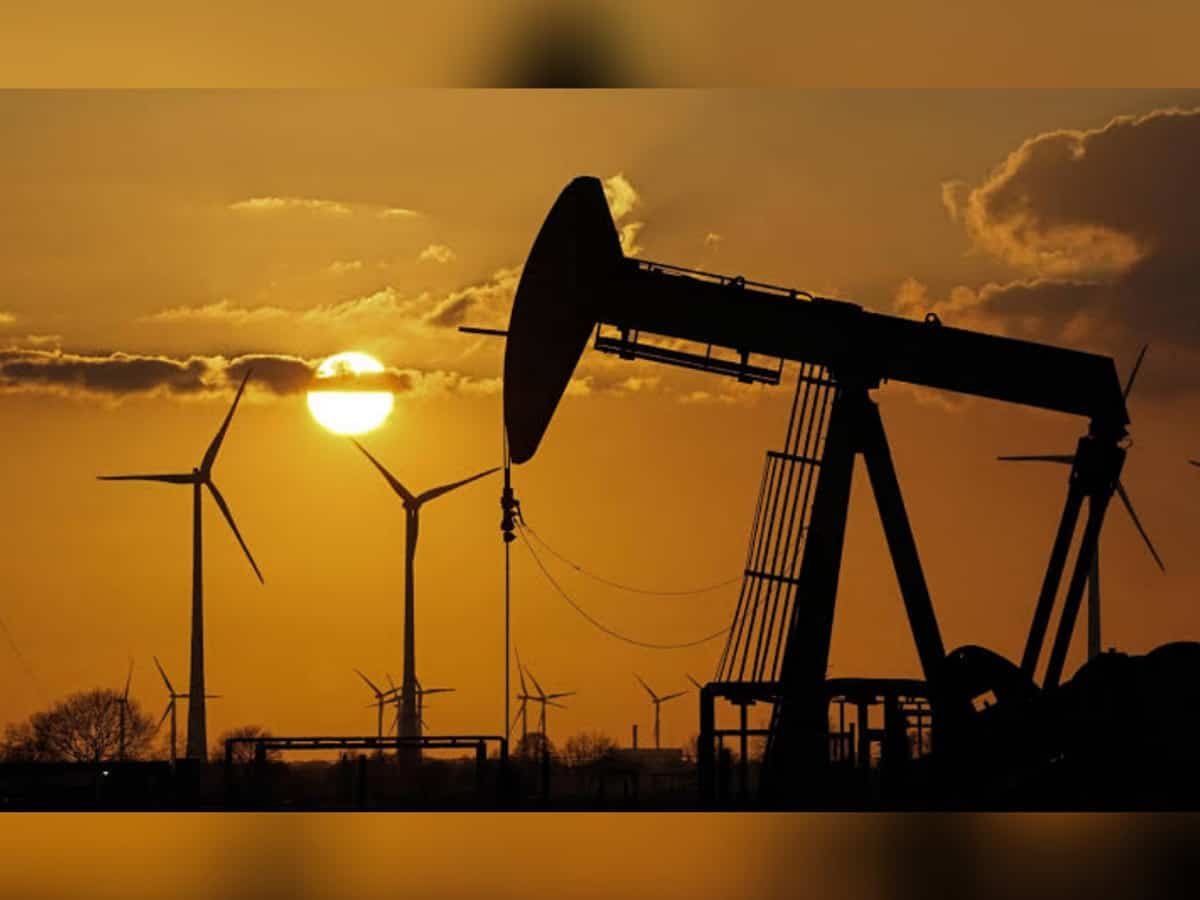
Islamabad: In a major positive development, Russia has confirmed and agreed to provide at least 100,000 barrels per day crude oil to Pakistam on discounted rates.
Federal Minister of State for Petroleum Musadik Malik confirmed the development after returning from Moscow.
“Russia has confirmed the availability of 100,000 barrels per day of crude oil supply but has not confirmed the rate yet which will be discussed in January,” he said while addressing a press conference in Islamabad.
Sources in the Petroleum Ministry also confirmed that the terms and rates will be finalized during the visit of a delegation from Moscow to Pakistan, which is scheduled to visit from January 23, 2023.
“Russia will give us crude oil at a discounted rate. Russia will give us a discount on refinery products, petrol and diesel,” said Musadik Malik.
“The negotiations with Russia regarding oil and gas supplies had been very positive.”
Now, the complication for Pakistan lies on what import price cap will it comply with in order to get supplies from Russia through the important deal.
One on hand, a $60 per barrel cap imposed by the G-7 nations and the European Union (EU) on Russian seaborne oil is starting this week. On the other hand, Moscow has made it clear that it would not sell oil to countries which stand compliant with the mentioned cap.
Moreover, sources also confirmed that the US has also told Pakistan Finance Minister Ishar Dar to purchase oil from Russia under the same $60 per barrel cap.
This puts Pakistan in a difficult position as if it stays under the G7 and EU cap, then Russia may not agree to provide oil supplies to Pakistan. And if Islamabad decides to agree to different and separate terms with Russia, it will be putting its relations with US, G7 states and the EU at risk.
“Now, the question, whether Russia will agree with Pakistan on selling at the capped price will be clear during the visit of the Russian delegation,” stated a source in the Petroleum Ministry.
Pakistan’s cash-strapped economy and tough financial situation makes it almost impossible for it to overlook concerns from US and the EU, especially after Washington maintained that it had no issues with oil purchase from Russia by Islamabad, as long as it takes its decisions in line with the “circumstances”.
This development comes at a time when Pakistan’s ninth review with the International Monetary Fund (IMF) and the tranche of $1.2 billion is delayed after Islamabad failed to satisfy IMF in its assessment report, which delayed the visit of the IMF assessment team to Pakistan.
It is believed that IMF bailout package to Pakistan was revived with the support and influence of the US and now with Pakistan dealing with Russia to cater to its worsening energy needs; the deal will have to be handled smartly in order to keep the balance of relationship with both countries alive and relevant.



